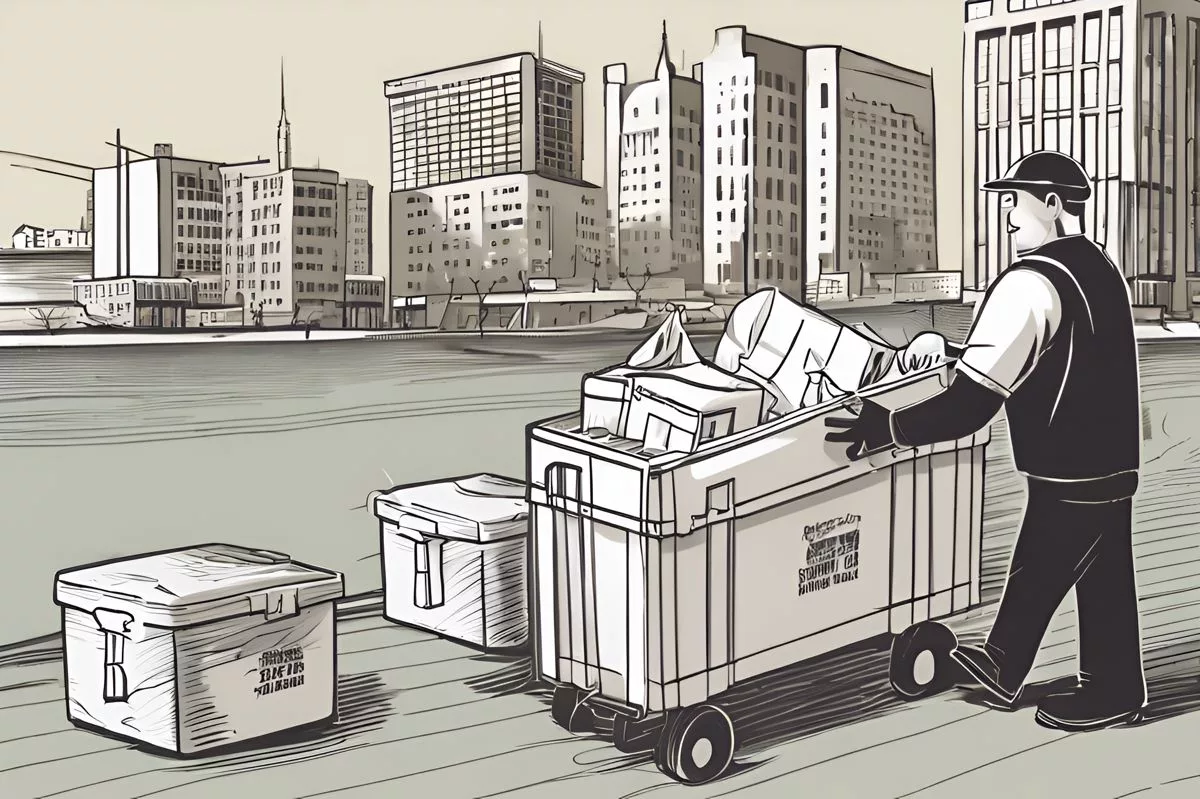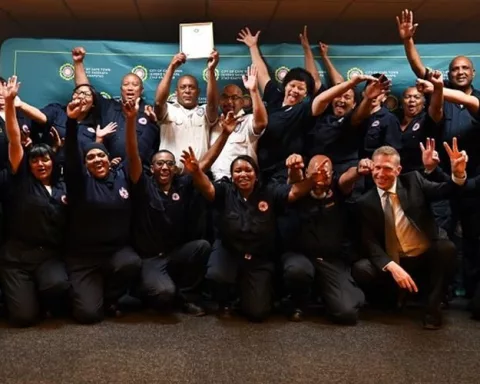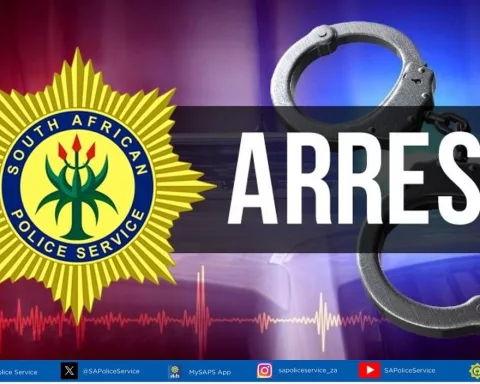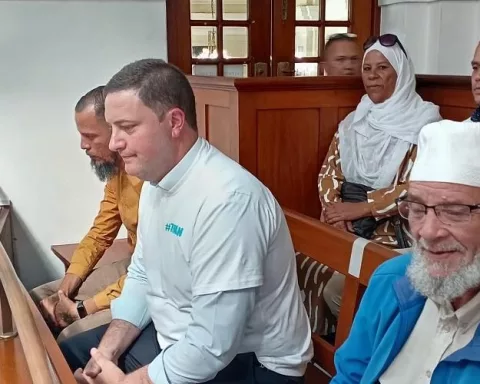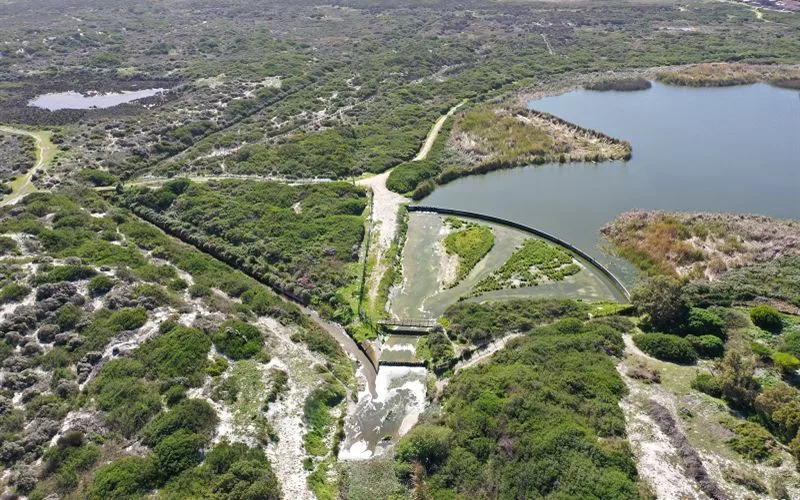Cape Town is battling extreme weather with floods causing extensive damage. The Human Settlements Directorate of the City has distributed over 10,000 flood kits to residents in high-risk areas and officials are working tirelessly to support the affected population. The city is also developing sustainable solutions, such as a relocation strategy for those in high-risk informal settlements. Residents can contribute by donating to the Disaster Risk Management Centre or contacting the City’s Public Emergency Communication Centre in case of emergencies.
How is the City of Cape Town defending against natural disasters?
The Human Settlements Directorate of the City has distributed over 10,000 flood kits throughout the metro area to help alleviate the impacts of the floods caused by extreme rainfall. City officials are working tirelessly to support the affected residents, and senior informal settlements management has been instructed to assess all high-risk informal settlements to devise a practical relocation strategy. The City has set up several donation drop-off points for those who wish to contribute.
Defending the Metro Area from Natural Disasters
In the throes of an unparalleled downpour, the Human Settlements Directorate of the City has shown its resilience by distributing over 10,000 flood kits throughout the metro area. The persistent rainfall has caused extensive flooding and damage, and through this initiative, the City has demonstrated its commitment to alleviate the harsh impacts of such weather anomalies. This endeavor has mainly centered around the city’s most susceptible regions, mainly the informal settlements. These settlements, typically positioned in flood-prone zones or wetlands, endure the severity of the seasonal deluge.
The flood kits, a genuine lifeline in these demanding times, have been delivered to 10,000 appreciative beneficiaries, an accomplishment that is truly remarkable. However, the continuous, extreme rain necessitates more. The magnitude and fierceness of the recent storms are unparalleled in the city’s meteorological records. As the demand for these kits increases due to the incessant rainfall, the City is steadfast in its commitment to aid its inhabitants. Additional rainfall is anticipated in the coming days, but the City’s teams are prepared to provide further support.
The Role of City Officials and Challenges Faced
City officials, spanning a range of departments like Human Settlements, Disaster Risk Management, Basic Service, and Safety and Security, are working tirelessly to support the afflicted residents of Cape Town. They are acutely aware of the enormity of the task ahead. As the water-soaked areas are expected to remain waterlogged for a while, officials are also cautioning residents against inhabiting such lands owing to the inherent health and safety risks.
Nonetheless, the City’s capacity to offer help has been impeded by the consolidation of disaster relief and funds with the national ministry. Despite the funding reductions and subsequent centralization of disaster responsibilities, the City continues to perform assessments. These evaluations will subsequently determine the list of individuals requiring assistance, which will then be sent to the national ministry. The City is advocating for the decentralization of disaster responsibilities and funding, which would enable it to provide direct relief more efficiently.
Developing Sustainable Solutions and Building Resilience
In a bid to avoid the hazards linked with developing settlements in low-elevation areas and floodplains, senior informal settlements management has been instructed to assess all high-risk informal settlements. The objective is to devise a practical relocation strategy, ensuring the safe and sustainable relocation of residents from these high-risk areas.
The City’s Mayoral Committee Member, Councillor Carl Pophaim, conveyed his sincere gratitude to the teams for their unwavering dedication. He also encouraged Capetonians to participate in this cause through donations and by supporting relief organizations. Truly, it is this spirit of collaboration that will navigate Cape Town through this difficult period.
Impact of the Storms and How to Contribute
The effects of the storms have been experienced across 37 areas of the metro, including Khayelitsha, Lwandle in Strand, Nomzamo, Gugulethu, Masiphumelele, Macassar, Sir Lowry’s Pass, Mfuleni, Tafelsig, Vygieskraal, and Ocean View, among others. The City has set up several storm-related donation drop-off points at various locations, such as Goodwood Fire Station, Lakeside Fire Station, Ottery Fire Station, Roeland Street Fire Station, Sir Lowry’s Pass Fire Station, and Strand Fire Station.
For residents who wish to contribute, they can contact the Disaster Risk Management Centre donations line directly at 021 597 5042 (08:00 – 18:00) or email disaster.donations@capetown.gov.za. For emergencies, residents can contact the City’s Public Emergency Communication Centre by dialing 021 480 7700. As Cape Town grapples with the wrath of nature, the city remains united, resilient, and ready to brave this storm.
1. How is the City of Cape Town defending against natural disasters?
The Human Settlements Directorate of the City has distributed over 10,000 flood kits throughout the metro area to help alleviate the impacts of the floods caused by extreme rainfall. City officials are working tirelessly to support the affected residents, and senior informal settlements management has been instructed to assess all high-risk informal settlements to devise a practical relocation strategy.
2. What are some challenges faced by City officials in providing disaster relief?
The City’s capacity to offer help has been impeded by the consolidation of disaster relief and funds with the national ministry. Despite the funding reductions and subsequent centralization of disaster responsibilities, the City continues to perform assessments. These evaluations will subsequently determine the list of individuals requiring assistance, which will then be sent to the national ministry. The City is advocating for the decentralization of disaster responsibilities and funding, which would enable it to provide direct relief more efficiently.
3. What sustainable solutions is the City developing?
Senior informal settlements management has been instructed to assess all high-risk informal settlements. The objective is to devise a practical relocation strategy, ensuring the safe and sustainable relocation of residents from these high-risk areas.
4. How has the storm impacted Cape Town?
The effects of the storms have been experienced across 37 areas of the metro, including Khayelitsha, Lwandle in Strand, Nomzamo, Gugulethu, Masiphumelele, Macassar, Sir Lowry’s Pass, Mfuleni, Tafelsig, Vygieskraal, and Ocean View, among others.
5. How can residents contribute to disaster relief efforts?
Residents can contribute by donating to the Disaster Risk Management Centre or contacting the City’s Public Emergency Communication Centre in case of emergencies. The City has also set up several storm-related donation drop-off points at various locations.
6. What is the City’s approach to building resilience against natural disasters?
The City of Cape Town is developing sustainable solutions, such as a relocation strategy for those in high-risk informal settlements. The City is also distributing flood kits to residents in high-risk areas and officials are working tirelessly to support the affected population. Through these initiatives, the City is demonstrating its commitment to alleviate the harsh impacts of weather anomalies and build resilience against natural disasters.

